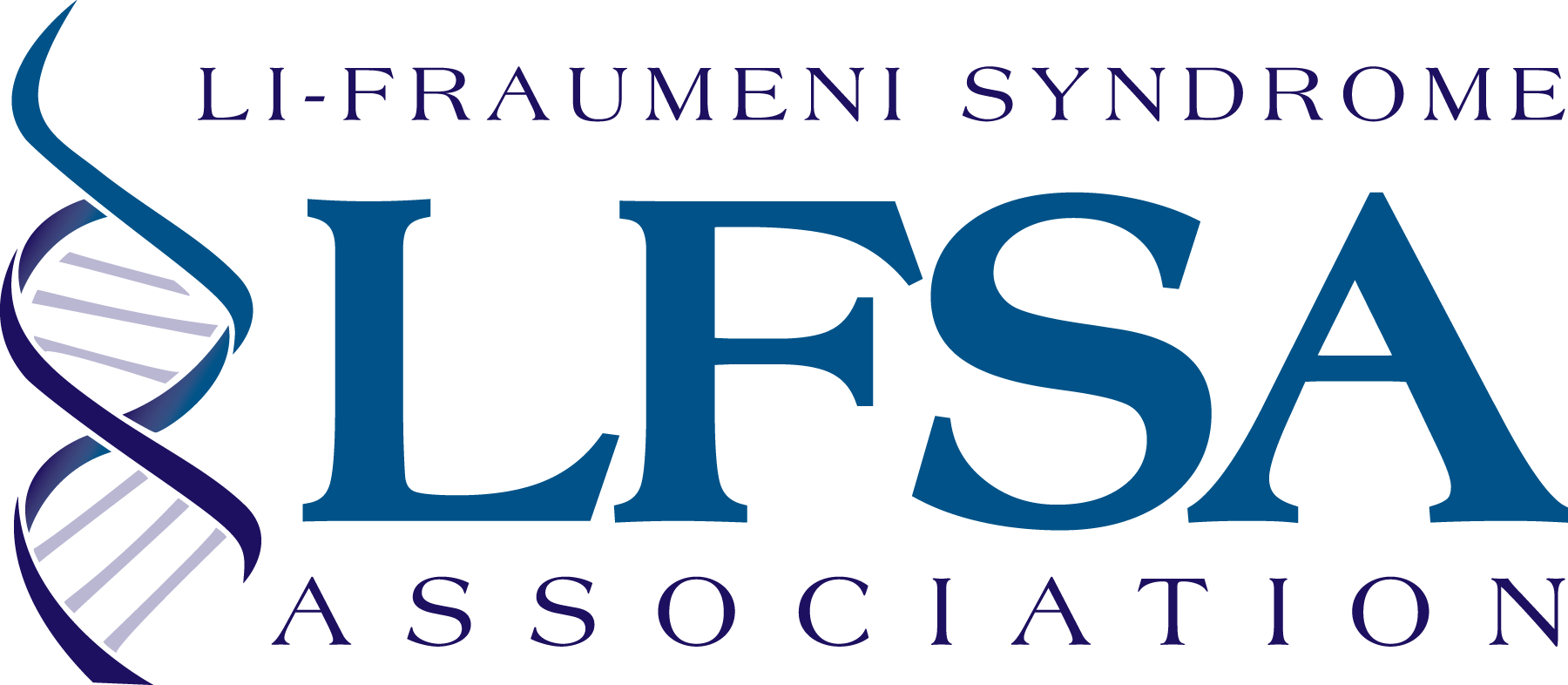I discovered the diagnosis before cancer. I had cancer twice, first in 2018 with a retroperitoneal leiomyosarcoma and in 2021 with HER2-positive and hormone-positive breast cancer.
On my father’s side, my family has always had a long history of cancer, and at very young ages. So, there was always a suspicion that it could be genetic. When I was helping my mother with genetic work, I read about Li-Fraumeni syndrome, and everything fell into place. I sought out an oncogeneticist, provided the entire family history, and my father’s test confirmed the syndrome. Soon after, mine did too, and later my son’s.
Today, I am well and undergoing regular check-ups. Knowing about the syndrome was crucial for me—it actually saved my life. Once it was confirmed that I had inherited it, the doctor gave me screening exams. In the first one, I discovered the retroperitoneal leiomyosarcoma in the psoas muscle. I didn’t feel anything; it was very small, and I removed it in the early stage.
It also helped in diagnosing my son Isaque. He discovered leukemia in 2020, and I consulted a doctor at the first symptoms. Since diagnosis, he has had 2 relapses and 2 bone marrow transplants.
The advice I give is not to be afraid. The diagnosis of the syndrome puts us one step ahead for diagnosis, giving us the possibility to discover it early. Many times, I think if my siblings and other relatives knew about it, they could be alive because they discovered it in advanced stages after going from hospital to hospital. When my sister started feeling sick, and we talked about my brother, doctors immediately said it was emotional and unrelated. If doctors were more familiar with the syndrome, they could suspect it from the beginning.


